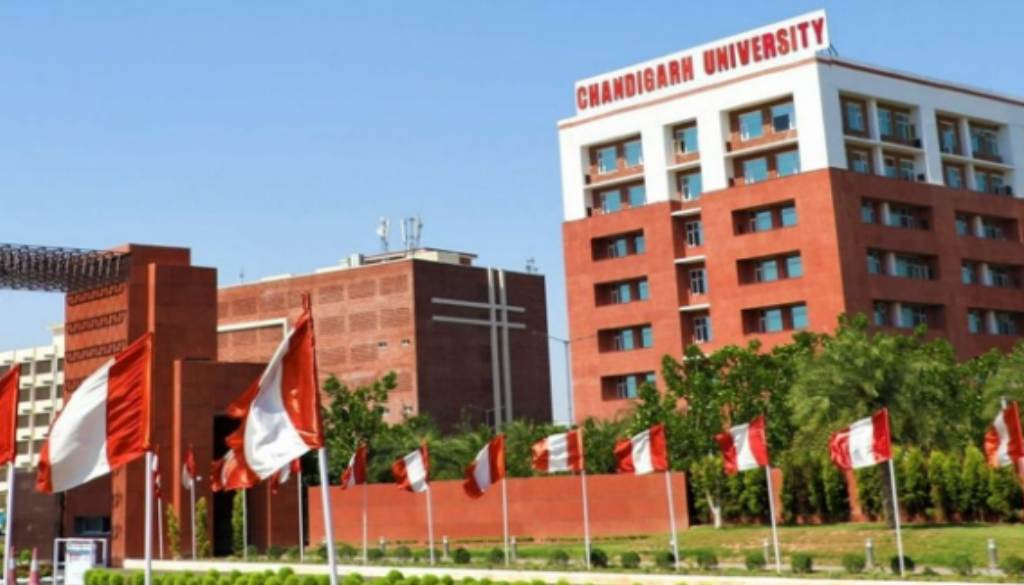In a shocking turn of events, students from Chandigarh University have taken to Twitter to voice their grievances, accusing the institution of fraudulent practices, mismanagement, and an overall lack of transparency. The discontent has reached a boiling point as students shed light on various issues, ranging from the abrupt shift of MCA students to another institute without proper notice to concerns about administrative services, food quality, and even claims of leaked personal information.
MCA Students Left in the Lurch
One of the primary concerns raised by students revolves around the Master of Computer Applications (MCA) program. Allegedly, students enrolled for MCA at the main campus found themselves abruptly shifted to another institute without any formal process or official notification. This unexpected relocation has left students feeling deceived, questioning the transparency and accountability of the university’s administration.
Questionable Practices: MMS Leaks and Name Controversy
Adding fuel to the fire, allegations have surfaced regarding the leaking of Multimedia Messaging Service (MMS) content of female students within the university. This disturbing breach of privacy has sparked outrage among the student body, raising questions about the measures in place to protect the welfare and dignity of students.
Furthermore, students are questioning the university’s choice of nomenclature, claiming that the addition of “Chandigarh” to its name may be an attempt to lend an air of credibility by associating itself with the Union Territory. The authenticity of the university’s commitment to ethical practices is now under scrutiny, as students seek answers to these serious allegations.
Fraudulent Fee Practices
A significant point of contention for the students is the alleged fraudulent fee practices carried out by the university. Many students claim that exorbitant fees are charged, and in return, they are subjected to substandard administrative services, poor-quality food, and inadequate facilities. The lack of transparency in fee structures and the perceived disparity between fees and services have fueled discontent among the student body.
Outcry Against Poor Administrative Services and Facilities
The grievances extend beyond academic matters, with students expressing dissatisfaction with the overall administrative services and facilities provided by Chandigarh University. Complaints range from inadequate hostel facilities to poor internet connectivity and subpar medical services. The university’s failure to address these issues effectively has only intensified the frustration among the student community.
Twitter as a Platform for Student Outcry
Social media platforms, particularly Twitter, have become the battleground for students to vent their frustrations and share their experiences. The use of hashtags such as #CUFraud and #ChandigarhUniversityScam has gained traction, amplifying the reach of students’ voices. The university now faces a public relations crisis as these allegations gain momentum, putting its reputation on the line.
The University’s Response
As the storm of discontent rages on social media, many are eagerly awaiting the university’s response to the serious allegations leveled against it. The credibility of the institution is at stake, and the onus is on the management to address these concerns transparently and take concrete actions to rectify the reported issues.
Seeking Accountability and Transparency
The current situation at Chandigarh University underscores the importance of accountability and transparency in educational institutions. Students, who are the backbone of any academic institution, deserve an environment that fosters learning, respects privacy, and ensures their well-being. The onus is now on the university’s administration to address the grievances, conduct thorough investigations, and implement corrective measures to regain the trust of its students and the public.
As the allegations continue to circulate on social media, it remains to be seen how Chandigarh University will navigate this crisis and emerge with its integrity intact. In an era where information travels fast and public opinion holds significant sway, addressing these concerns promptly and effectively is imperative for the institution’s long-term standing in the academic community.



